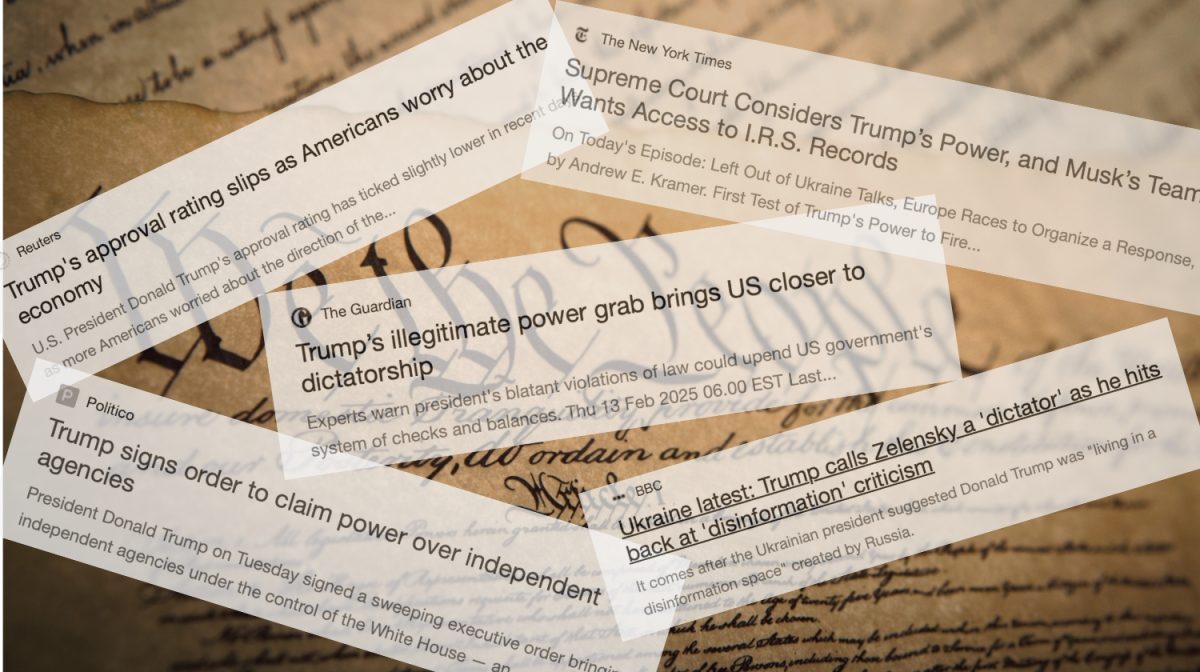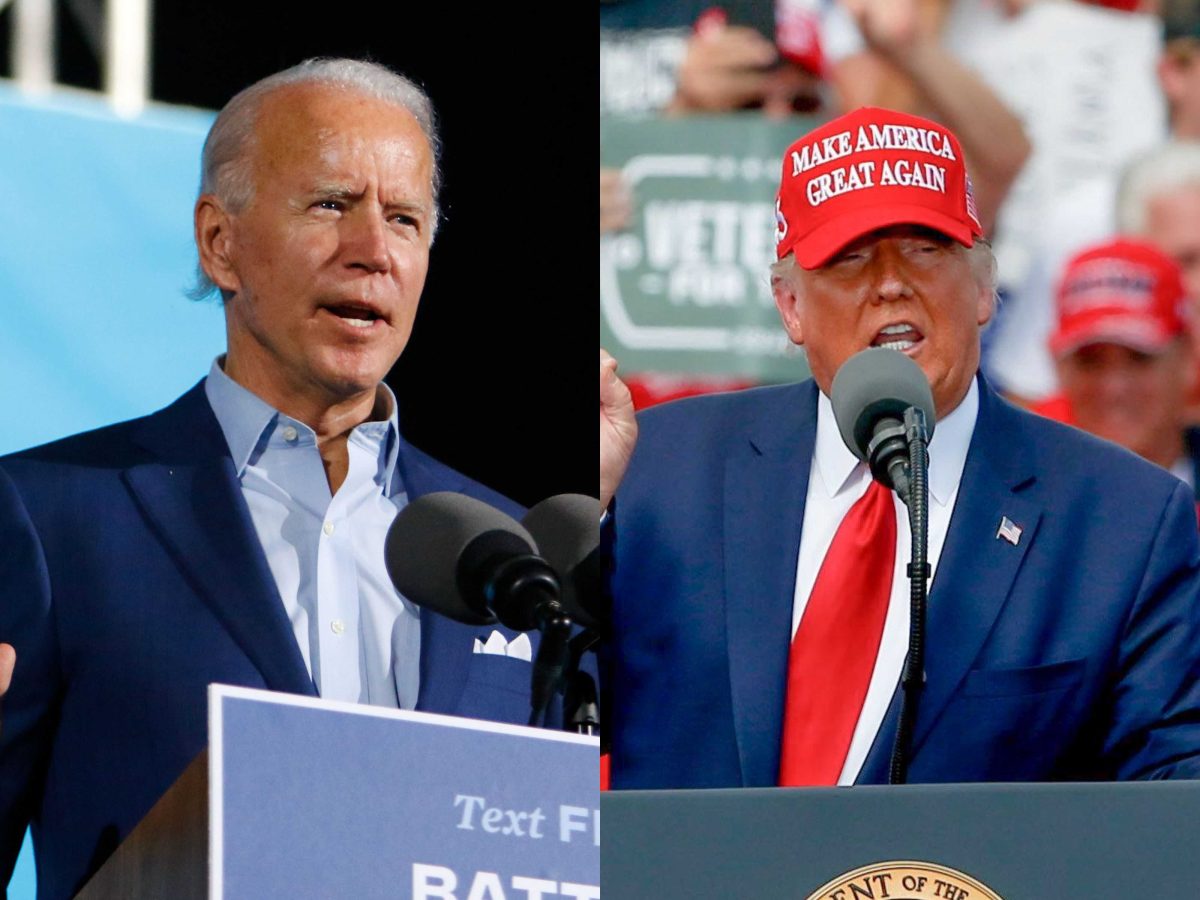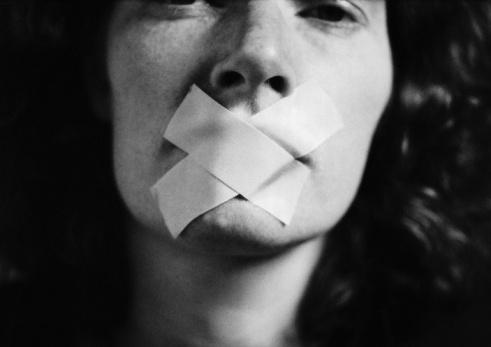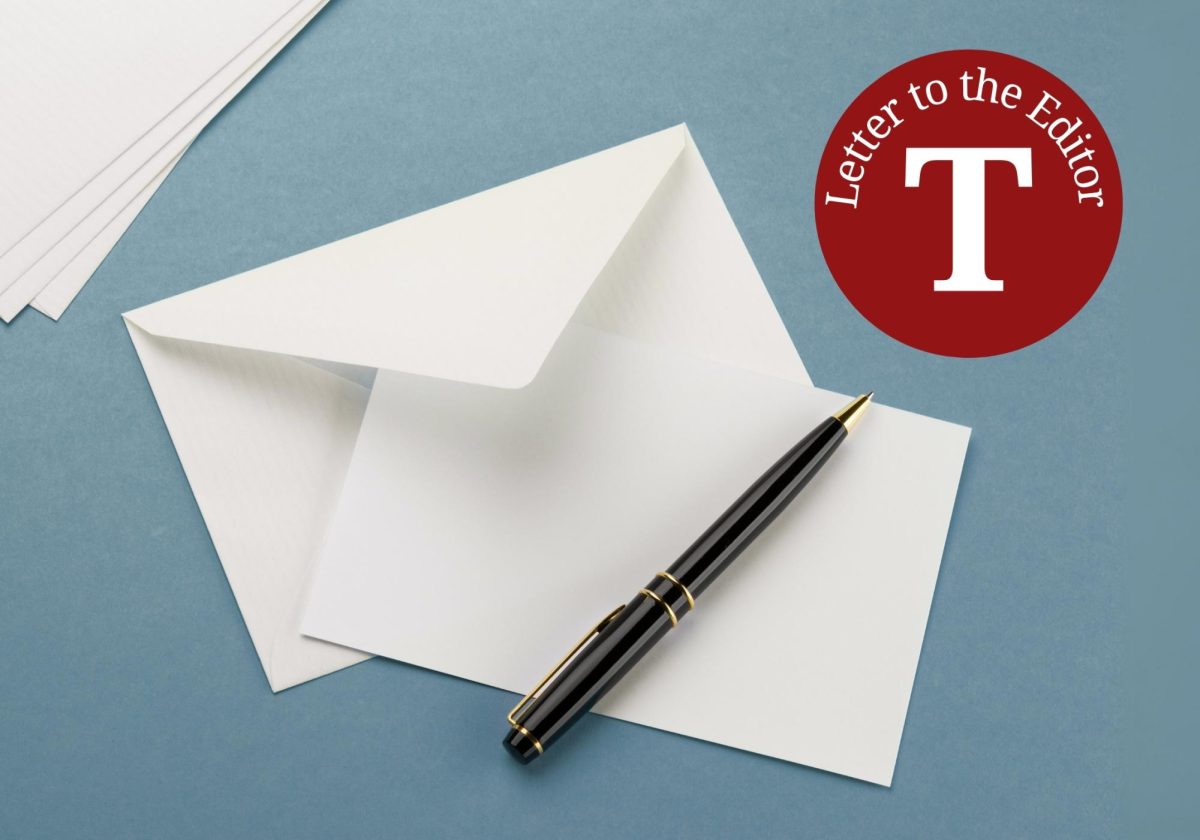Throughout history, even as it is outlined in our constitution, certain rights and laws that were at one time legal, were not always ethically and morally correct. The 13th Amendment was passed to abolish a long standing right to own a slave. Only male citizens enjoyed the right to vote up until the 19th Amendment.
This country and its laws have continually evolved to embrace and enact legislation that continues to honor all of its people.
Freedom of speech is no different, as freedom to speak has never been absolute. Certain words and their connotations have always been banned. The recent issue of whether it is legal to ban what is said on a state-issued license plate brings that question into the spotlight. It needs to be analyzed by not only the strict scrutiny standard, but also by the analysis of the impact of the message it’s sending.
The confederate flag symbolizes a period in our country’s history when laws and policies were inhumane and harmful. Never was more blood shed in the United States of America than during the Civil War in an effort to change them.
A license plate is a requirement that is under the control of a state government. It is not protected as personal speech, for it is a government action. As such, its content must be representative of the ideals that are either endorsed by or unopposed to by its government.
In a battle between the Texas courts and the Sons of Confederate Veterans group, the United States Supreme Court must decide whether or not Texas’s decision to reject a specialty license plate of the Confederate flag violates the Constitution.
According to the March 22, 2015 issue of Reuters, “The legal issue is in part whether messages on state-issued license plates represent speech by the government or an endorsement of a private message. If determined to be private speech, the state’s rejection could violate the U.S. Constitution’s First Amendment free speech guarantee.”
When is the government speaking? When is private individual speaking?
If an item is under exclusive government control, there is in essence no opportunity for personal expression. The speech, which may be by word or by conduct, is solely that of the government if it is so controlled by the government.
A license plate is required to register and drive a car. The license plate tags are numbered, categorized, recorded and monitored exclusively by the individual state. A private citizen has no power to authorize, create or distribute license plates. The imprint or template is created by and endorsed by the state.
Would a Swastika or a KKK symbol be any less offensive? Those symbols would make one believe that our country approves and supports the behaviors associated with those signs. As evidence by the passing of the 13th Amendment, our country has recognized that all men are created equal. The former laws where people had a “right” to own a slave were wrong.
If these laws were proven to be worthy of overturning, isn’t celebrating them through a license plate resurrecting the evils that America has worked so hard to bury?
The government cannot outlaw offensive speech in the form of a bumper sticker on a car.
The right to say things that may offend other people is one of the greatest freedoms that we enjoy in this country.
We are allowed to have opinions and are allowed to speak out, even against our own government. An individual can wear the confederate flag without fear of punishment Americans are allowed to believe in God, or curse him.
Although we cannot and should not be the thought police by legislating against content that may be so offensive, we can regulate government speech. We must be able to differentiate between an individuals freedom of speech and the government’s responsibility to speak as a reflection of its own laws and values.
The Confederate flag speaks as a reminder of oppression for some, but our flag Old Glory speaks as a symbol of freedom for all.













